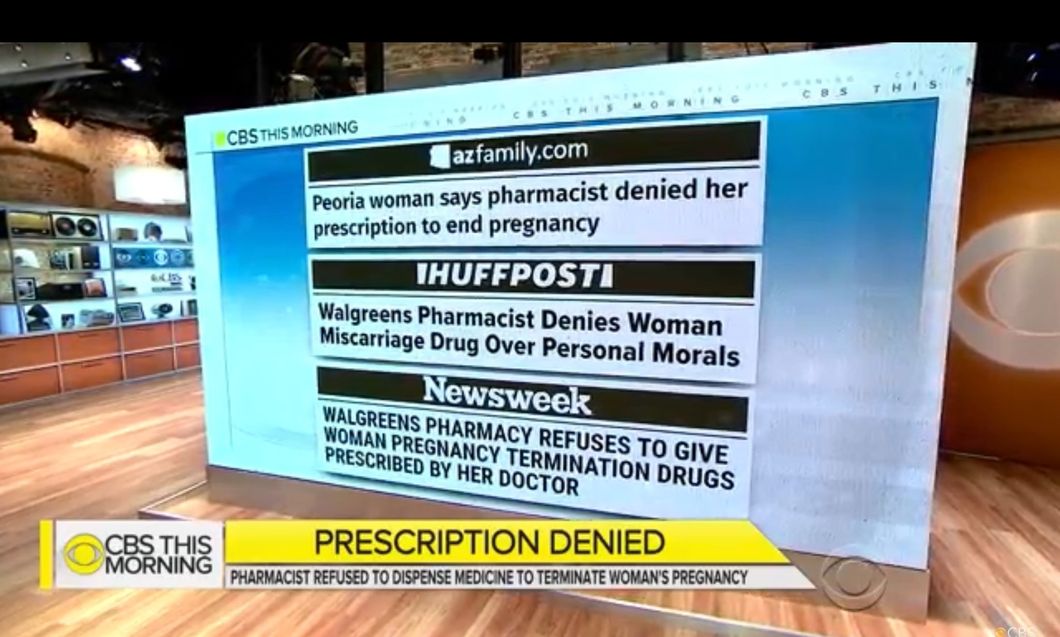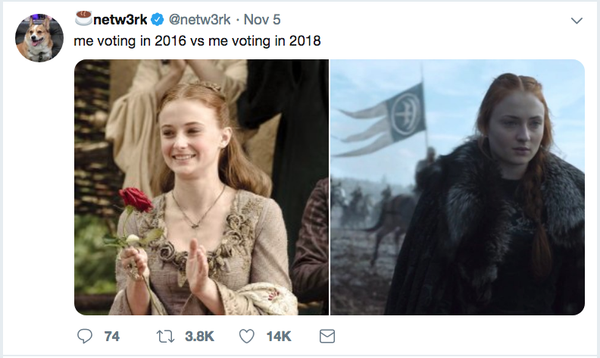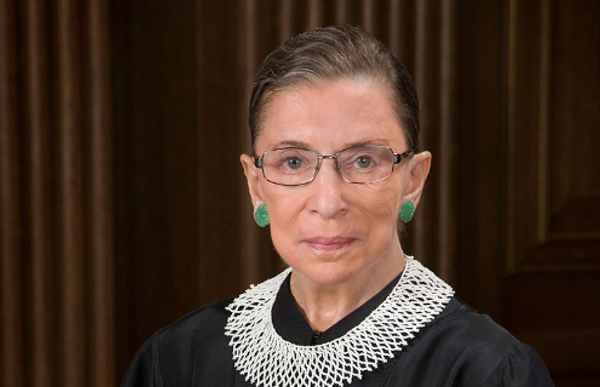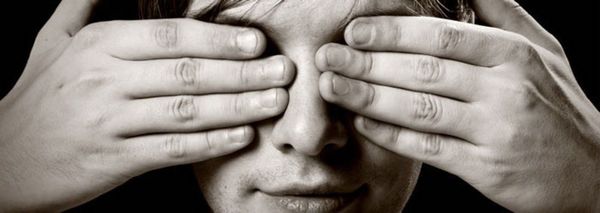When you go to the doctor, you expect to receive the proper treatment no matter what. You expect to be given the most reliable medical advice possible for every medical professional. You expect to be told the most current, science-based facts about your condition. And you expect to be informed of and have access to every single treatment option available.
After all, doctors take an oath to “First, do no harm." And if any single one of these things is missing, then you aren't able to make informed medical decisions. If you can't make an informed medical decision, then the medical professionals caring for you have violated their oath.
The medical profession is one where every single decision made by all healthcare professionals, patients, and the patients' families can be the difference between life and death. And if a patient is not being fully informed of their condition and treatment options, they can literally die.
So, you would think that all healthcare professionals — doctors, nurses, pharmacists — would prioritize patient care over their own personal beliefs, right? Well, in a perfect world, yes; however, that's not always the case.
Back in June, an Arizona pharmacist refused to fill a woman's prescription. This woman was suffering a miscarriage, meaning her fetus was no longer viable. A miscarriage, if not completed and treated properly can lead to sepsis and death. This medication was one of her only options to avoid potentially dying, and the pharmacist refused to fill the prescription.
Again, in Arizona, another pharmacist not only refused to fill a transgender woman's prescription but also refused to give her back the prescription that the doctor wrote out so she could take it to another pharmacy. By doing this, the pharmacist caused this woman unnecessary emotional and mental distress by loudly questioning why she needed the prescription in front of other customers.
Surprisingly, in Arizona and five other states, it is perfectly legal for pharmacists to refuse to fill a prescription based on religious beliefs. In Arizona in particular, the law specifically mentions that they can refuse to fill prescriptions that are abortion and contraceptive-related (because, you know, it's not like having access to contraception doesn't actually prevent many abortions in the first place by preventing unwanted pregnancy or anything). Though it does say that the prescription has to be returned to the patient so that they can still get it filled, but even then, that can still be difficult. And some states don't even require that if a pharmacist objects to filling a prescription on moral grounds.
Now, you would think that a health care provider's personal beliefs should have absolutely nothing to do with providing patient care in any situation. “First do no harm," right? And these people are being paid to give their patients the best quality care possible, not practice their first amendment rights, regardless of their beliefs, am I right everyone who thinks football players shouldn't be allowed to kneel during the national anthem to peacefully protest injustice?
Sadly, denying someone medical treatment because of a health care provider's personal beliefs is nothing new. Before 2016, doctors and hospitals were allowed to deny transgender individuals medical care. That is, until the Affordable Care Act (a.k.a. Obamacare) made it illegal for healthcare providers and insurance companies to refuse treatment based on a patient's gender identity (of course, our illustrious President Trump wants to take away these protections because he's not exactly a guy that cares about upholding civil rights [see the part where he tried to ban an entire religion from entering the US]).
Even still, religious beliefs interfere with patient care — especially when it comes to abortion. Now, I've written before about why it's important that women have access to legal abortions, but I didn't talk about crisis pregnancy centers. Don't let their name fool you, these places ARE NOT women's health care providers; in fact, they are often run by churches and “pro-life" groups (yes, I put “pro-life" in quotes because these groups are really only pro-fetus) and not licensed medical professionals.
Yet, the Supreme Court recently ruled that it is perfectly legal for these places to refuse to provide a woman information about abortion — meaning, a state can't force them to inform a woman of option to receive an abortion — while simultaneously setting themselves up to look like the legit healthcare provider that they're not.
Meanwhile, abortion providers have to tell a woman blatant lies about the “dangers" of abortion (while there is risk, like literally any other medical procedure, the information that abortion providers are required to tell patients is often extremely misleading or false, such as the supposed link between breast cancer and abortion).
While the first amendment does guarantee us the right to our personal religious beliefs, religion shouldn't be involved in medicine in any way. And “religious liberty" shouldn't be grounds for a health care provider to refuse a patient the best and safest treatment possible. And it definitely shouldn't be used to misinform a person about their healthcare options (*cough*crisis pregnancy centers*cough).
A patient's health and well being should be the primary concern of every doctor, nurse, hospital, pharmacist, and medical professional not only in the United States but throughout the entire world. After all, every physician in the US takes the Hippocratic Oath and promises to put their patients' needs first and foremost.
As I said in the beginning, the medical field is one where every single decision made can be a matter of life or death. And when patients aren't able to make fully informed medical decisions due to misinformation or lack of access to treatment, that can have serious repercussions for their physical, mental, emotional, and financial health and wellbeing.
And if religious liberty is just too important for you to set aside your religion in order to provide your patients the very best care that you possibly can — even if that treatment may go against your religious beliefs, then go into literally any other field other than medicine.
Because when lives are literally on the line, your religious beliefs as a healthcare provider don't matter. The only thing that matters is getting your patient the care that they need.



















